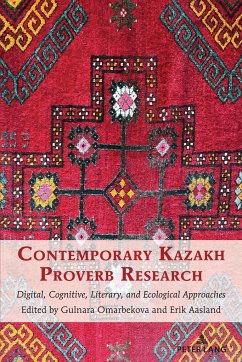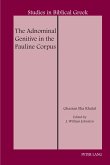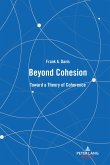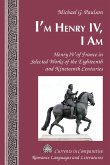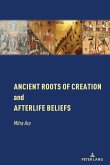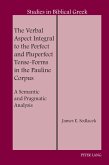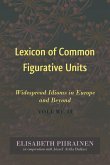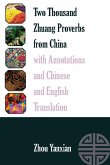This edited volume is a feast of contemporary Kazakh proverb research. You are invited to the low table, the Kazakh dastarkhan, where special dishes cover the table. Everything is within easy reach, and each of the delicacies is homemade, with a distinctive Kazakh flavor. Whether you are a linguist, folklorist, anthropologist, or just someone wanting to know more, this feast has something to offer. Come join us for a cup of tea, some respite, and the opportunity to enter into the world of Kazakh proverb research!
There are five courses: current use of Kazakh proverbs at home, in school, and on the internet; the content of proverbs used historically and in fiction; the dynamic relationship between proverbs and culture in Kazakhstan; the role of proverbs in education (both the ecologies of proverbial interaction between languages and the opportunities provided by technology); and finally, new vistas for the future of Kazakh proverb use. With the expanded role of the internet, Kazakhs have ventured beyond using traditional Kazakh proverbs. They are now recrafting proverbial content and forms to find fitting words for contemporary issues. The book's finale is a ground-breaking piece of research which documents the twists and tweaks that keep Kazakh proverb use vibrant.
There are five courses: current use of Kazakh proverbs at home, in school, and on the internet; the content of proverbs used historically and in fiction; the dynamic relationship between proverbs and culture in Kazakhstan; the role of proverbs in education (both the ecologies of proverbial interaction between languages and the opportunities provided by technology); and finally, new vistas for the future of Kazakh proverb use. With the expanded role of the internet, Kazakhs have ventured beyond using traditional Kazakh proverbs. They are now recrafting proverbial content and forms to find fitting words for contemporary issues. The book's finale is a ground-breaking piece of research which documents the twists and tweaks that keep Kazakh proverb use vibrant.

